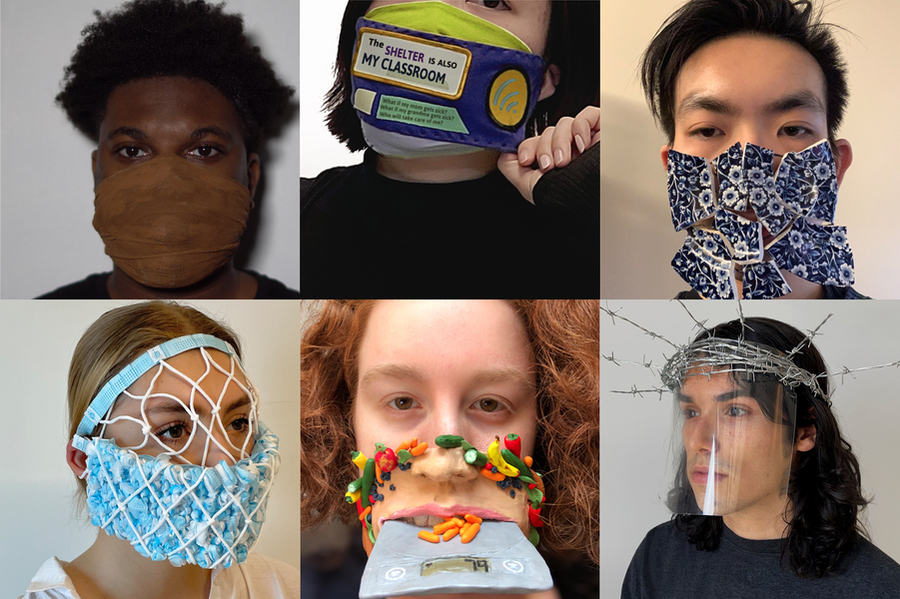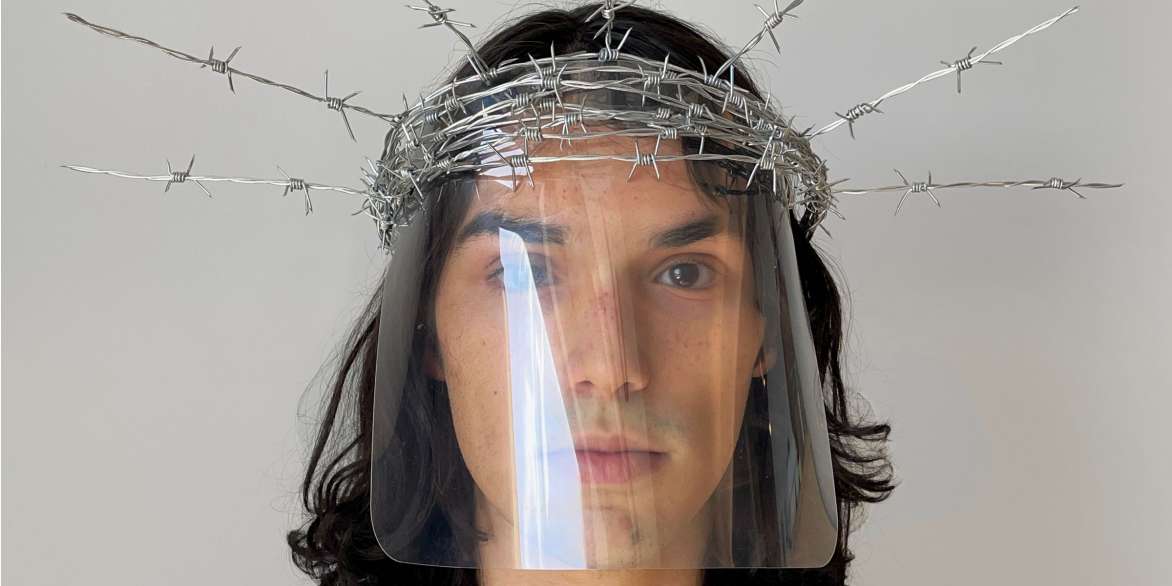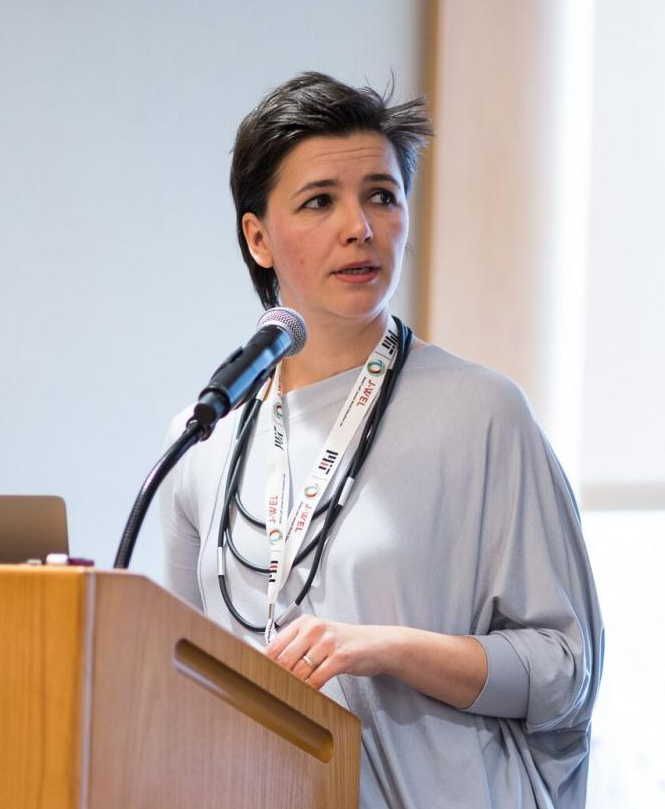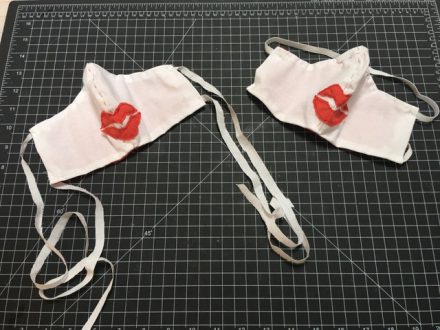Excerpt from “When Masks Reveal” by Matilda Bathurst, and as published on June 1, 2021 on MIT News:
When masks reveal: Students design face masks that uncover personal and collective experiences from the Covid-19 pandemic.
A Covid-19 mask is typically seen as a form of protection. But what if our masks became opportunities for exposure — the physical expression of our thoughts, preoccupations, and the way we relate to the turbulence of the outside world?
That was the challenge faced by MIT undergraduate students assigned to design a mask that reflected individual and collective experiences during the pandemic. As part of the interdisciplinary course 4.302 (Foundations in Art, Design and Spatial Practices: Design and Scarcity), run by the MIT Future Heritage Lab and the MIT Program in Art, Culture and Technology (ACT), the assignment was inspired by the global Co-MASK project initiated by the course’s professor, Azra Akšamija, a faculty member in the Department of Architecture. Whereas Co-MASK focuses on designing do-it-yourself fabric face-coverings for protection from Covid-19, the students were encouraged to envisage a mask that would serve as a physical extension of the mind and the body — a site of exchange and a way of relating to a larger community.
The personal and the planetary
The “Design and Scarcity” course introduces theoretical and practical tools for art and design in fragile environments — an expression of the ethos of ACT, which highlights the importance of artistic methods for experimental problem-solving and rigorous critical practice. Supported by the MIT Alumni Class Fund for undergraduate curriculum, this class was developed by Akšamija as the residential version of her Design & Scarcity MITx course, the first online hands-on art and design course at MIT.
The students interpreted the idea of fragility in diverse ways. While reflecting on personal experiences of isolation during the pandemic, the process of designing the masks became a means of empathically connecting with contemporary global movements and shared traumas. In their engagement with issues such as racial discrimination, migrant exploitation, and ecological damage, the masks are manifestations of the concerns that pervade the student experience and their priorities as designers. The project addresses the fragility of environments at multiple scales; from the personal to the political to the planetary — and right down to the scale of the virus itself, which is simultaneously fighting for its own survival.
This expansive scope mirrors the aspirations of the Co-MASK project, which is intended to be borderless and multilingual. “The Co-MASK designs created by the students indicate one of the central needs that Covid-19 pandemic made evident for us all,” says Akšamija. “That we — humans and non-humans — need to come together in a new way and demonstrate solidarity with the most vulnerable in our planetary community.”
Full Article can be read HERE.





